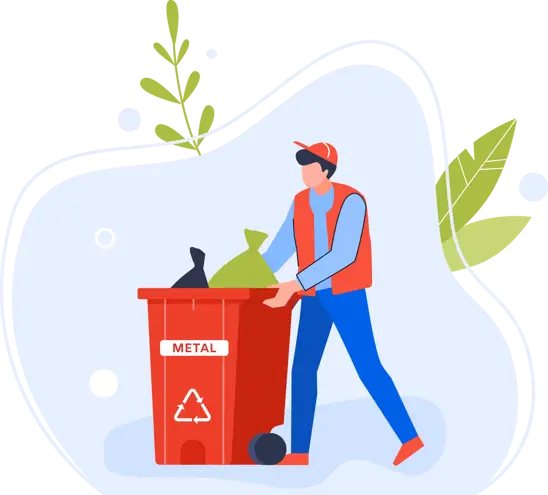
The Environmental Benefits of Using a Waste Compactor
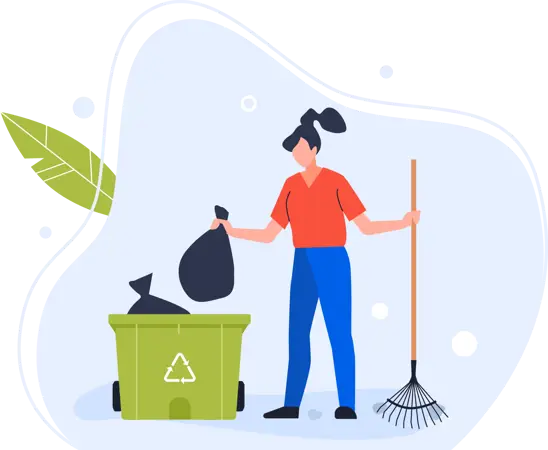
What is a Waste Compactor?
A waste compactor is a machine that compresses waste materials to make them smaller and more manageable for storage, transportation, and disposal. Waste compactors are typically used in commercial and industrial settings where large volumes of waste are generated, and help to reduce waste disposal costs and improve waste management efficiency.
Types of Waste Compactors Explained
Commercial Waste Compactor
A commercial waste compactor is commonly used by retailers, hospitality venues, and offices that produce large amounts of mixed waste. A waste compactor used in these settings helps reduce bin overflow, cuts down on collection frequency, and improves the overall environment and hygiene of waste areas.
Industrial Waste Compactor
An industrial waste compactor is often used in high-volume waste-producing environments such as manufacturing plants/factories, and distribution centres to compress bulky materials such as packaging and production waste. An industrial waste compactor helps to improve site efficiency and reduce commercial waste disposal costs.
Food Waste Compactor
A food waste compactor is designed specifically for organic material, including both wet and dry food waste. It is commonly used in industries such as hotels, restaurants, commercial kitchens, etc. The waste compactor compresses wet and often smelly waste into a sealed unit to reduce odours and to help lower the risk of attracting pests.
Waste Compactor Bins
Waste compactor bins are made from robust materials and typically feature a ram or pressing plate to compact waste material. These can be static waste compactors, which are used for larger bins or portable waste compactors, which require a vehicle to move them.

How Waste Compactors Help the Environment
A waste compactor can help the environment in numerous ways, including:
Reducing Landfill Volume
Waste compactors significantly reduce the volume of waste, reducing the amount of waste sent to landfills. This helps to conserve land resources, slows down the depletion of landfill capacity, and helps limit the release of greenhouse gases from decomposing waste.
Minimising Transportation Emissions
A waste compactor bin helps to reduce the amount of waste for collection, resulting in fewer collections and fewer vehicle journeys. This directly reduces emissions and substantially cuts CO2 by reducing the number of bin lorries visiting a premises each week.
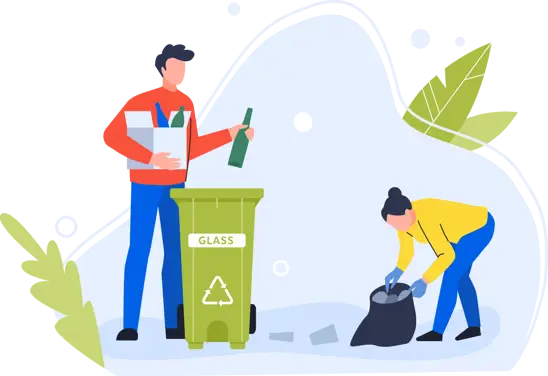
Supporting Efficient Recycling Processes
Waste that has been processed through a waste compactor is easier to sort and supports better recycling practices. An industrial or commercial waste compactor makes segregation of large amounts of waste easier, especially when dealing with mixed waste materials.
Lowering Carbon Footprint for Businesses
Waste compactors lower a business’ carbon footprint by reducing the amount of waste that needs to be transported and the amount of waste sent to landfills. This significantly reduces the carbon footprint of businesses where more frequent collections result in higher fuel consumption and higher greenhouse gas emissions, created by vehicles used for the transportation of waste.
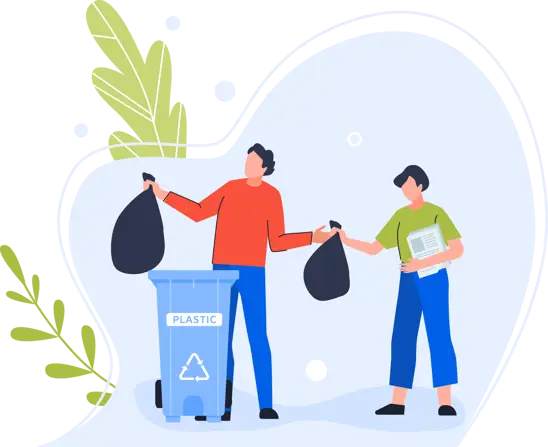
Environmental Advantages by Type of Waste Compactor
Benefits of Using an Industrial Waste Compactor
An industrial waste compactor reduces the frequency of waste collection trips by compressing waste, which reduces the need for more frequent collections. Compacted waste also requires less space both on site and in a collection vehicle, and it also helps to minimise waste spills and litter that can be harmful to the environment.
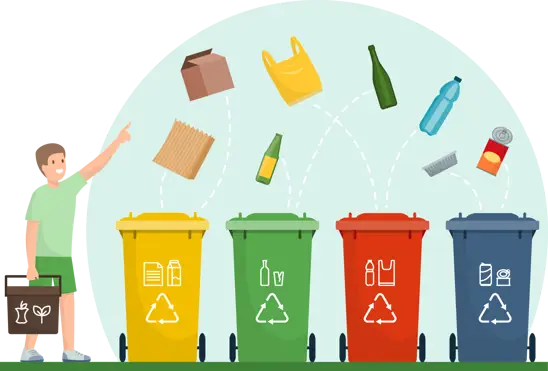
How a Food Waste Compactor Reduces Organic Waste Impact
Food waste compactors improve sustainability by minimising the volume of waste, reducing emissions and potentially enabling biogas production as part of a more sustainable waste management system.
Why Choose a Commercial Waste Compactor for Sustainability
A commercial waste compactor improves sustainability by significantly reducing the volume of waste produced by a business. Compacting waste lowers the number of collections required, cuts associated costs such as removal and transportation of waste and supports more efficient recycling. Waste compactors also encourage staff to follow better recycling practices as part of day-to-day operations.
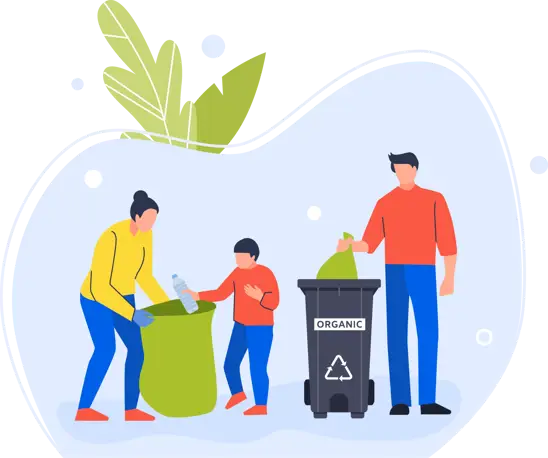
Waste Compactors are A Smarter, Greener Way to Handle Waste
Why Every Business Should Consider Waste Compactors
All businesses that produce waste should consider waste compactors as they offer numerous benefits, including cost savings, improved efficiency and environmental performance.
A waste compactor can help to minimise the amount of space taken up by large volumes of waste and reduce the need for frequent collections by waste disposal companies. This can help to reduce costs and increase profit by utilising a proven form of waste management.
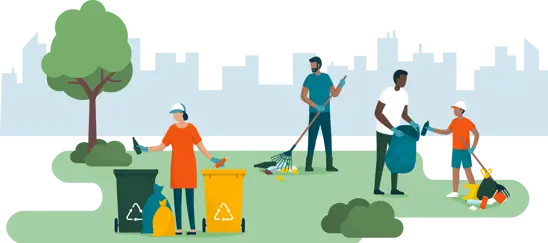
Waste Compactors: Sustainability and Smart Waste Management
At WM101, we support numerous businesses across the UK in reducing their environmental impact by adopting more sustainable waste management solutions.
We offer advice on choosing the right waste compactor to suit the needs of every business, from commercial waste compactor systems to industrial waste compactor solutions.
For more information about our waste compactor services and how they can benefit your business and the environment, contact a member of our team today on 01629 817000.
21/05/2025